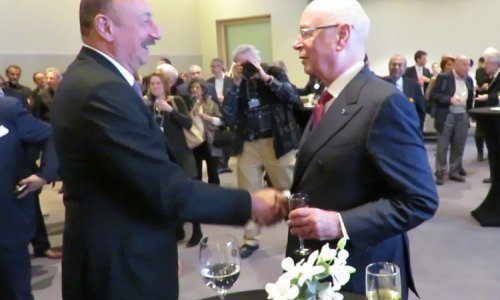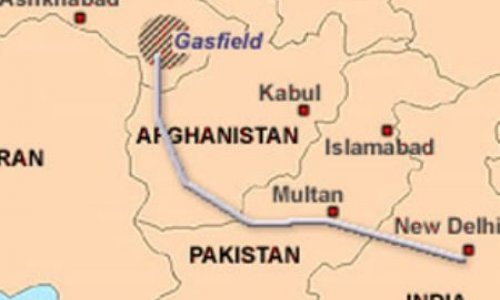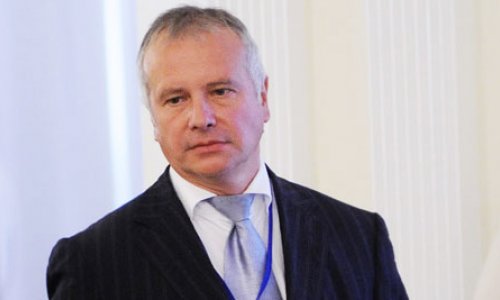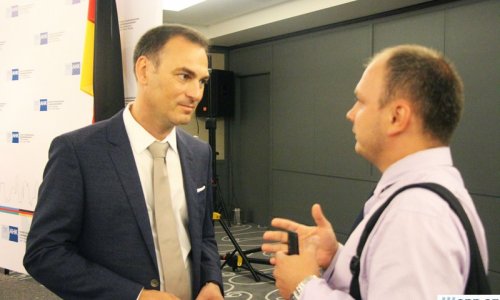Construction of the Turkish Stream gas pipeline in the European territory depends on political choice of the EU, Yusuf Cinar, president of the Turkish international research center Strategic Outlook, told Trend Oct. 19.
Cinar said that Europe needs continuous supply of energy and doesn’t want any delays in deliveries.
"After the crisis in Ukraine it turned out that a political decision can affect the EU's energy policy,” he said. "Europe wanted the supply of Russian gas through Ukraine to continue, and as a result bureaucratic barriers to the South Stream project emerged.”
The expert believes that the EU is not really willing to implement the Turkish Stream project, but the Union doesn’t have many alternatives.
"If the foreign policy and energy strategy of the EU don’t interfere with each other, if the political situation in Ukraine changes, the EU energy companies will be able to participate in the construction of the Turkish Stream gas pipeline, but if the EU is against the project, then the Turkish Stream has the risk to face bureaucratic obstacles, just like the South Stream project did,” Cinar said.
Russia suspended the implementation of the South Stream project, which was designed to supply Russian gas to Europe bypassing Ukraine in December, 2014. The reason was the non-constructive position of the EU. It was decided to build the Turkish Stream instead.
Russia and Turkey signed an intergovernmental agreement October 10 on the implementation of the Turkish Stream project.
The agreement involves construction of two branches of the main gas pipeline under the Black Sea, the power of each branch being 15.75 billion cubic meters of gas.
One branch is provided to supply gas directly to the Turkish market, the other for the supply of gas by transit through Turkey to Europe. The intergovernmental agreement also stipulates that these two offshore branches should be built by December 2019.
www.ann.az
Follow us !











